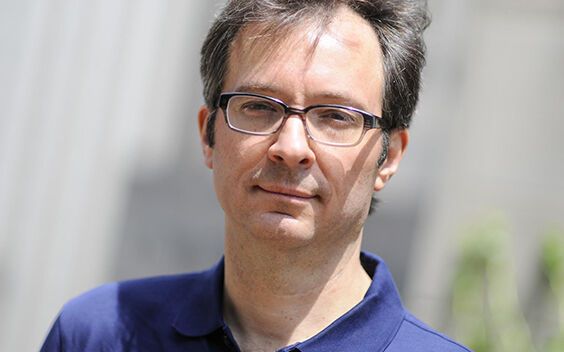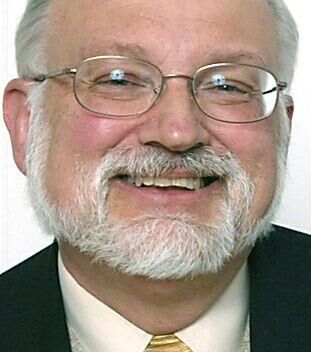
News
Kimberly Willis Holt visits two Iberia Parish schools
On Monday, Jan. 22, 2024, author Kimberly Willis Holt began her tour of Louisiana schools in honor of ... Read more

On Monday, Jan. 22, 2024, author Kimberly Willis Holt began her tour of Louisiana schools in honor of ... Read more

The other day, I was walking through the bookstore and ended up in the sports section. Perusing the ... Read more

The summer after junior year, my college expelled me. Six years later I returned and graduated with honors. ... Read more

Cajun Creations I Discover local art, books and music Harbor Lights By James Lee Burke Hardcover $27.00 autographed ... Read more

An exciting event is coming to New Iberia in early April and everyone should take part in the ... Read more

The Hilliard Art Museum announced the opening of the upcoming exhibition, “Sitting with George Rodrigue” which highlights the ... Read more

The Books Along the Teche Literary Festival schedule has been announced for 2024 with a litany of talks, ... Read more

Kathleen Murphey Provost, 79, of New Iberia, left her earthly life on December 17, 2023. She was married ... Read more

Walking inside the café at Lafayette’s historic village Vermilionville, where the paintings by artist Gene Guidry are on ... Read more

Acadiana Christian School hosted their 3rd annual Christmas play, “Four Tickets to Christmas” at Our Savior’s Church Friday, ... Read more